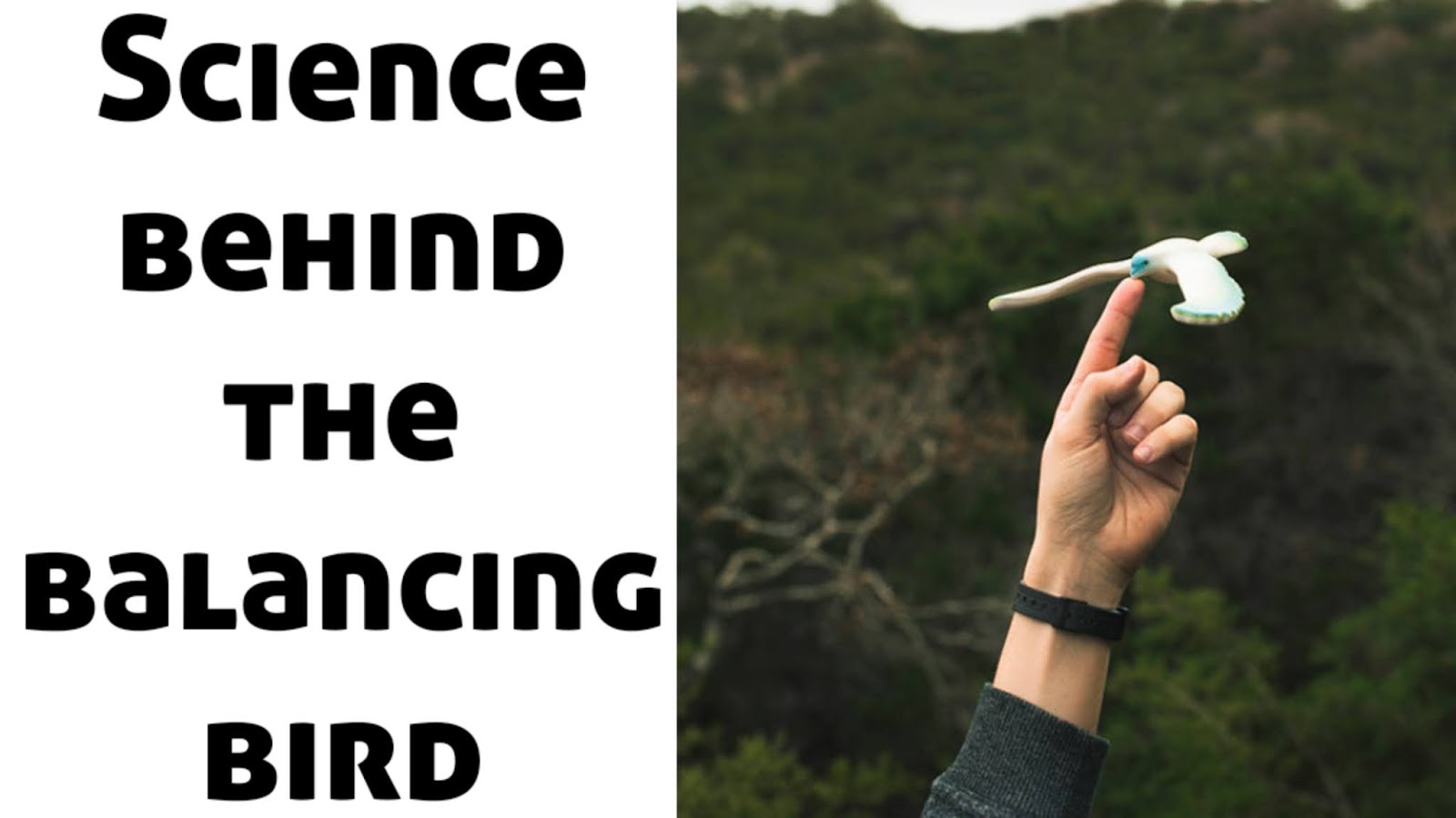Introduction
In our fast-paced, always-on world, stress and anxiety have become everyday companions. Amid this chaos, meditation and mindfulness offer powerful tools to regain balance and clarity. But these practices aren't just ancient spiritual rituals — modern science is now uncovering how they physiologically and neurologically transform the brain and body.
In this article, we dive into the science behind meditation and mindfulness, exploring how they work, what the research says, and why integrating them into your daily routine can be life-changing.
What Is Meditation and Mindfulness?
- Meditation is a technique for training the mind to focus and redirect thoughts. It often involves deep breathing, visualization, or silent observation.
- Mindfulness is the practice of being fully present and aware of your surroundings, thoughts, and feelings, without judgment.
While different, these two practices are often used together. Mindfulness can be a form of meditation, and meditation helps deepen mindfulness.
1. How Meditation Changes the Brain
🧠 Neuroplasticity and Brain Structure
Meditation promotes neuroplasticity — the brain's ability to reorganize itself. Studies using MRI scans have shown that regular meditation can:
- Increase grey matter in areas linked to memory, learning, and emotional regulation (like the hippocampus and prefrontal cortex).
- Shrink the amygdala, the brain's fear center, reducing reactivity to stress.
🧘♀️ Brainwave Alteration
Meditation affects brainwaves, shifting them from beta (active thinking) to alpha and theta waves — linked with deep relaxation, creativity, and emotional healing.
2. Mindfulness and Stress Reduction
One of the most well-documented benefits of mindfulness is its ability to reduce stress.
- Cortisol, the primary stress hormone, decreases with consistent mindfulness practice.
- Research from Harvard and other institutions shows that 8 weeks of mindfulness meditation can significantly reduce stress, anxiety, and symptoms of depression.
This is why mindfulness is now widely used in cognitive behavioral therapy (CBT) and mindfulness-based stress reduction (MBSR) programs.
3. Boosting Focus and Cognitive Function
A 2010 study from the University of California found that just 20 minutes of meditation a day can improve attention span, concentration, and working memory.
Why? Meditation strengthens the prefrontal cortex, which is the area responsible for decision-making and impulse control.
Students, professionals, and even athletes turn to mindfulness techniques to boost mental clarity and peak performance.
4. Enhancing Emotional Health
Mindfulness helps you observe your thoughts and feelings without reacting impulsively. This creates emotional space to respond more wisely, leading to:
- Reduced symptoms of depression and anxiety
- Improved emotional regulation
- A stronger sense of well-being and contentment
Mindful people also tend to have higher self-awareness and empathy, improving relationships and social interactions.
5. Physical Health Benefits
Meditation doesn’t just change the mind — it also transforms the body:
- Lowers blood pressure by improving heart rate variability
- Improves sleep quality
- Boosts immunity by reducing inflammation
- Helps manage chronic pain and conditions like IBS, fibromyalgia, and even heart disease
Getting Started with Meditation and Mindfulness
If you're new to these practices, start small:
1. Begin with 5 minutes a day of focused breathing or guided meditation.
2. Use apps like Headspace, Calm, or Insight Timer.
3. Try mindful activities like walking, eating, or even washing dishes.
The key is consistency — even a few minutes a day can make a difference over time.
Final Thoughts
The science behind meditation and mindfulness is clear: these ancient practices have profound, measurable effects on both the brain and body. From lowering stress to boosting memory and emotional health, the benefits are far-reaching.
Incorporating mindfulness into your daily life doesn’t require a lifestyle overhaul — just a few moments of intention, presence, and breath.






0 Comments